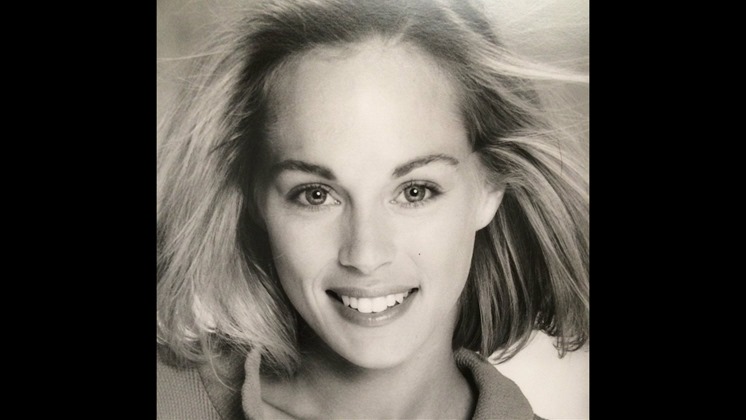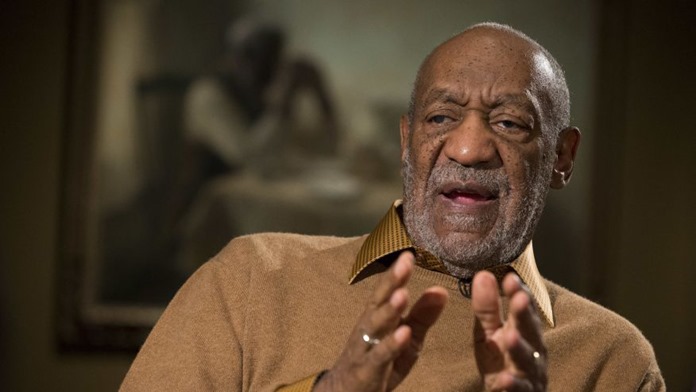Washington Post
November 15, 2014

In 2004, when Andrea Constand filed a lawsuit against Bill Cosby for sexual assault, her lawyers asked me to testify. Cosby had drugged and raped me, too, I told them. The lawyers said I could testify anonymously as a Jane Doe, but I ardently rejected that idea. My name is not Jane Doe. My name is Barbara Bowman, and I wanted to tell my story in court. In the end, I didn’t have the opportunity to do that, because Cosby settled the suit for an undisclosed amount of money.
Over the years, I’ve struggled to get people to take my story seriously. So last month, when reporter Lycia Naff contacted me for an interview for the Daily Mail, I gave her a detailed account. I told her how Cosby won my trust as a 17-year-old aspiring actress in 1985, brainwashed me into viewing him as a father figure, and then assaulted me multiple times. In one case, I blacked out after having dinner and one glass of wine at his New York City brownstone, where he had offered to mentor me and discuss the entertainment industry. When I came to, I was in my panties and a man’s t-shirt, and Cosby was looming over me. I’m certain now that he drugged and raped me. But as a teenager, I tried to convince myself I had imagined it. I even tried to rationalize it: Bill Cosby was going to make me a star and this was part of the deal. The final incident was in Atlantic City, where we had traveled for an industry event. I was staying in a separate bedroom of Cosby’s hotel suite, but he pinned me down in his own bed while I screamed for help. I’ll never forget the clinking of his belt buckle as he struggled to pull his pants off. I furiously tried to wrestle from his grasp until he eventually gave up, angrily called me “a baby” and sent me home to Denver.

Back then, the incident was so horrifying that I had trouble admitting it to myself, let alone to others. But I first told my agent, who did nothing. (Cosby sometimes came to her office to interview people for “The Cosby Show” and other acting jobs.) A girlfriend took me to a lawyer, but he accused me of making the story up. Their dismissive responses crushed any hope I had of getting help; I was convinced no one would listen to me. That feeling of futility is what ultimately kept me from going to the police. I told friends what had happened, and although they sympathized with me, they were just as helpless to do anything about it. I was a teenager from Denver acting in McDonald’s commercials. He was Bill Cosby: consummate American dad Cliff Huxtable and the Jell-O spokesman. Eventually, I had to move on with my life and my career.
